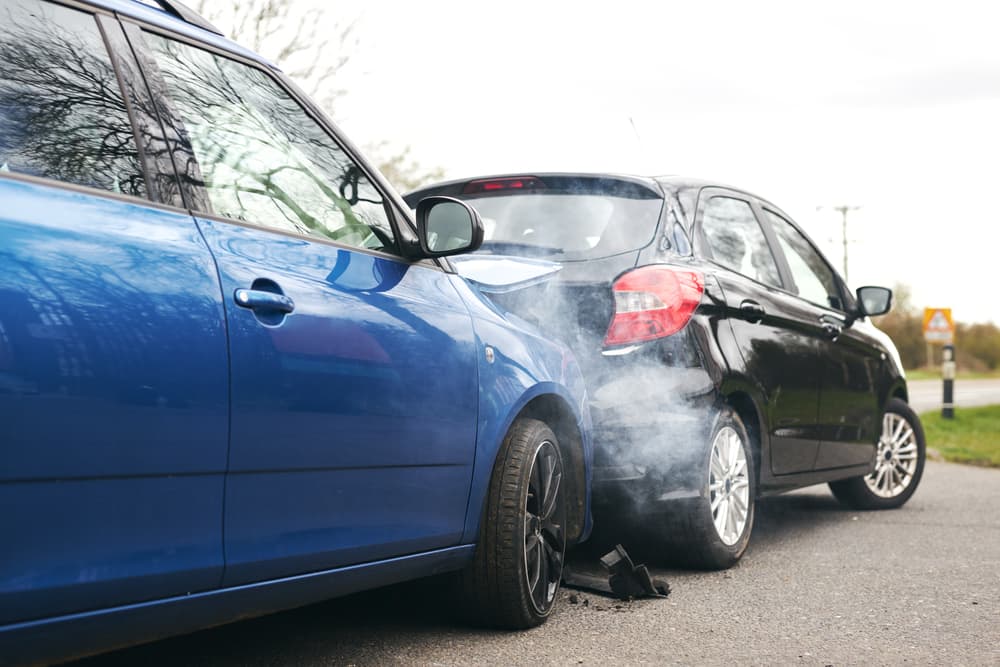
For many individuals, a car accident can be a traumatic experience. Aside from physical injuries, there is also the stress and frustration that come with dealing with insurance companies and medical bills.
In some cases, the injured party may decide to file a lawsuit to seek compensation for their damages. You need a lawyer who understands the process of a car accident lawsuit, from the initial consultation with an attorney to the possibility of going to trial.
If you suffered an injury in a car accident, an experienced car accident attorney can help you through every step of the legal process.
Common Issues in a Car Accident Lawsuit
Car accident lawsuits are often complex and involve various legal aspects. From determining liability to negotiating with insurance companies, every step of the process requires careful attention from a car accident attorney.
What Happens Before a Lawsuit?
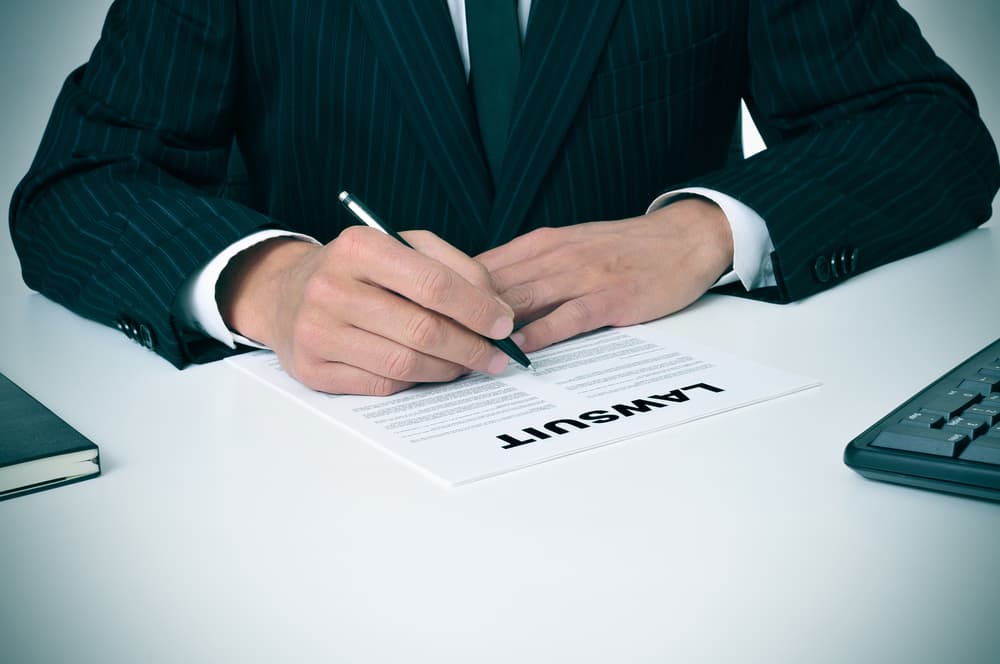
First, realize that a lawsuit is far from the first step following your accident. Instead, your car accident lawyer will likely pursue one or more insurance claims with the providers of the at-fault drivers or other liable parties.
Usually, your attorney will escalate the case to a lawsuit if:
- The insurance company disputes liability for the crash;
- The insurance company refuses to offer a reasonable settlement to cover your losses;
- The liable party’s conduct was highly egregious and significant punitive damages might be available;
Filing a lawsuit is a decision you will make together with your lawyer, considering all the circumstances of the case, and the pros and cons of litigation.
The Statute of Limitations
The statute of limitations refers to the time limit within which plaintiffs must file a lawsuit.
Typically, depending on the state, the deadline is one to sixyears after the accident. However, exceptions may apply to this rule, so consulting a car accident attorney is advisable to ensure that you don’t miss any critical deadlines.
Understanding the Car Accident Lawsuit Process
A car accident lawsuit typically begins with the injured party, or plaintiff, seeking legal representation from a personal injury attorney who focuses on car accident cases. The car accident lawyer will assess the case’s chances of success and determine if grounds exist for pursuing a formal lawsuit.
Gathering Evidence
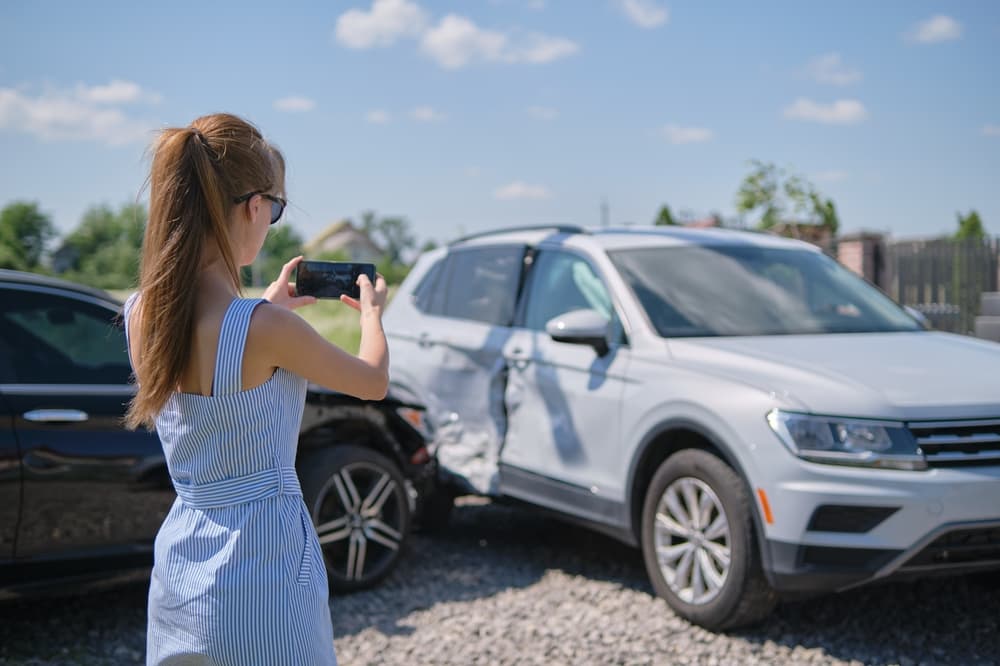
Once the decision to pursue a formal lawsuit is made, the lawyer gathers evidence to support the plaintiff's claim. This evidence is necessary to establish liability and prove the damages you suffered.
The attorney may collect various forms of evidence, such as police reports, medical records, photographs of the accident scene and injuries, witness statements, and any other relevant documentation.
Drafting and Filing the Complaint
After gathering the necessary evidence, the attorney drafts a formal complaint outlining the basis for the lawsuit.
The complaint includes allegations of negligence on the defendant’s part, details of the damages suffered by the plaintiff, and the compensation being sought. The complaint is then filed in court and served to the defendant, who has limited time to respond.
The Discovery Process
Both parties can begin the discovery process after the defendant or their insurance company acknowledges or responds to the complaint. Discovery involves the exchange of evidence and information related to the car accident claim.
Lawyers for each side may depose witnesses, where sworn statements are given under oath. This process helps each side build their case by obtaining essential information and clarifying disputed facts.
The Process of Car Accident Lawsuit Settlements
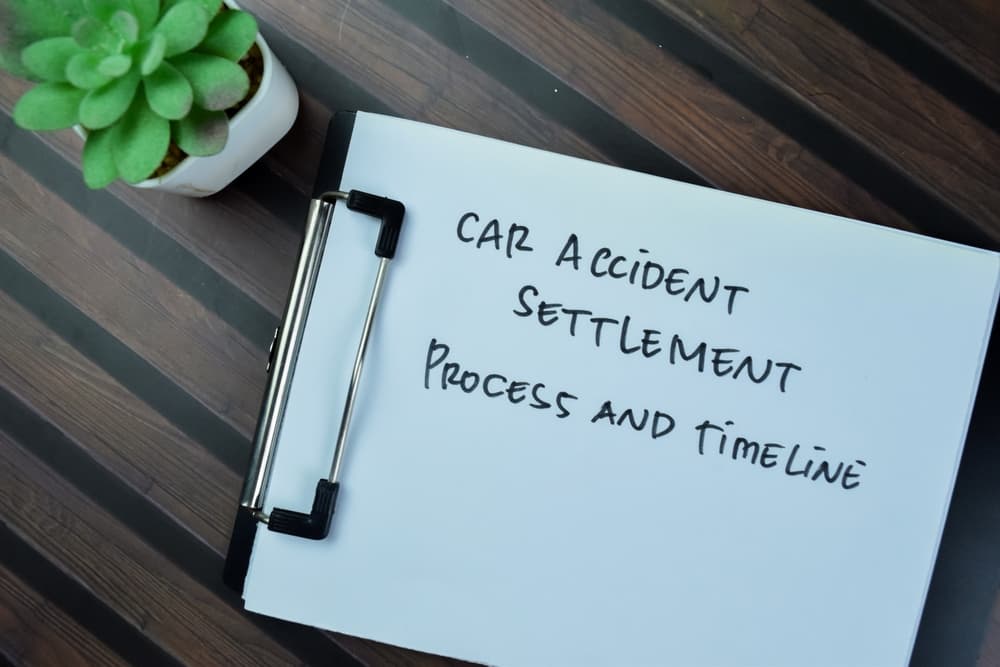
Throughout the discovery stage, negotiations with insurance company representatives often take place to try to settle the case without going to court. Your attorney will speak with insurance company representatives to reach a just settlement that covers all your damages.
Demand Letter
To initiate settlement negotiations, your car accident lawyer will draft a demand letter outlining your injuries, damages, and compensation amount.
Your lawyer will then send the demand letter to the defendant’s insurance company. The company will review the demand letter and provide a counteroffer if it believes the requested compensation is high or if it denies liability.
Negotiations and Mediation
Negotiations between your attorney and the insurance adjuster will follow the demand letter and counteroffer process. These negotiations may require several discussions and negotiations as both sides work towards a mutually agreeable resolution.
In cases where initial negotiations don’t result in a settlement, your lawyer may recommend mediation. A neutral third-party mediator helps facilitate discussions between you and the defendant’s representatives to find a resolution.
Settlement Agreement and Release of Claims
If a settlement is reached, your car accident lawyer will draft an agreement that outlines the terms.
Once you and the other party have signed the negotiated agreement, you will receive your agreed-upon compensation in exchange for releasing all present and future claims against the at-fault party and their insurance carrier. Consult your car accident lawyer to understand if accepting a settlement offer is best for your case.
Will My Car Accident Case Settle?
You may wonder whether your car accident case will settle or go to trial. While every case is unique, the vast majority of car accident cases do end up settling before reaching the courtroom.
Here’s why settlements are a common outcome and what factors can affect the settlement process.
Car accident cases frequently settle because it avoids the uncertainties and costs associated with a trial. Trials can take a long time and cost a lot of money, with no guarantee of a favorable outcome. Settlements, on the other hand, offer a quicker resolution to the case and allow both parties to have more control over the outcome.
The settlement process typically involves negotiations between your attorney and the opposing party’s insurance company. Factors influencing the settlement process include the severity of your injuries, the strength of the evidence supporting your claim, and the insurance company’s willingness to negotiate.
The settlement amount may increase for severe injuries that require ongoing medical treatment. Additionally, if the evidence demonstrates the other party’s negligence, it may provide leverage for a higher settlement amount.
Ultimately, you decide whether to settle or go to trial, with the guidance of your attorney. They will provide you with the information and advice you need to make an informed decision based on the specific circumstances of your case.
While it’s impossible to predict the exact outcome of your car accident case, it will likely settle before going to trial. Settlements offer a less time-consuming and costly alternative to trials, and allow both parties to have more control over the outcome. Your attorney will play a crucial role in negotiating a fair settlement amount on your behalf, considering the strength of the evidence and the severity of your injuries.
Car Accident Lawsuits Going to Trial
While most car accident lawsuits are resolved through settlements, some cases proceed to trial in a court of law. In such situations, the legal process unfolds in the following fashion:
Jury Selection
The trial begins with the selection of an impartial jury to hear the case. Both parties have the opportunity to question potential jurors to ensure they can objectively evaluate the evidence and the facts presented.
Opening Statements
Each side presents an opening statement to the jury. Your attorney will speak to the jury about the evidence, the facts, and what they can expect to see and hear as the trial progresses. The defendant’s attorney will then make their opening statement.
Presentation of the Plaintiff’s Case
The plaintiff presents their case first, submitting evidence and calling witnesses. Your attorney will admit some evidence directly, such as medical bills or pictures.
Witnesses must answer questions while under oath, substantiating pieces of evidence or providing additional information. The defense will also have an opportunity to cross-examine the witnesses.
Presentation of the Defendant’s Case
After the plaintiff’s case, the defense has the opportunity to present its case. If the plaintiff has not adequately proved its case, the defense can request a dismissal. The defense will call witnesses and present its evidence. The plaintiff can then cross-examine the defense’s witnesses.
Rebuttal
After each side presents their case, both parties have the opportunity for rebuttal. Additional witnesses or evidence may be given to support or counter previously presented information. The parties will go back and forth with rebuttals until they are satisfied.
Closing Arguments
The plaintiff and defense attorneys make closing arguments to the jury. During this stage, they summarize the evidence and how it proves their side of the case. They will ask the jury to find in favor of their respective parties.
Jury Deliberations and Verdict
The judge instructs the jury on the relevant laws and dismisses them to deliberate in private. The jury can take as much time as needed to evaluate the facts, review evidence, and reach a verdict. Once they have made a decision, they return to the court and read the verdict publicly.
Post-Verdict Actions
After the verdict is delivered, possible post-verdict actions may include filing an appeal or paying the judgment. If the court rules in favor of the defendant, the plaintiff has the right to file an appeal. Once all appeals and post-verdict actions are completed, the case ends.
How Much Does it Cost to Hire a Car Accident Attorney?
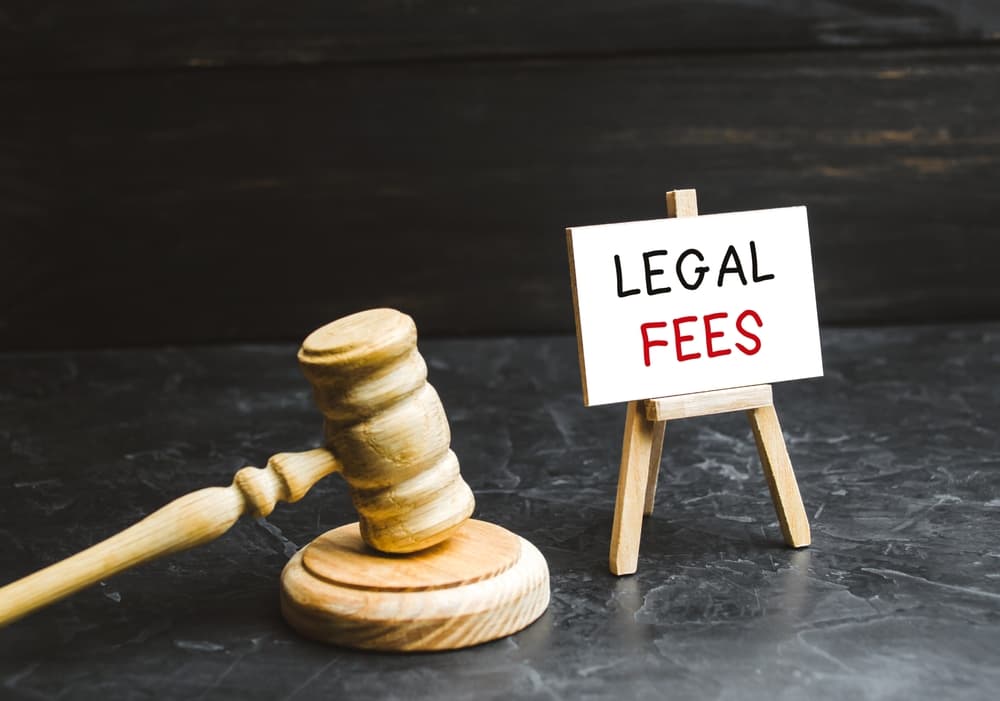
Insurance claims and legal procedures can overwhelm you after a car accident. That’s why many people choose to hire a car accident attorney to handle their cases. But you may wonder, how much does hiring a car accident attorney cost?
The good news is that most car accident attorneys work on a contingency fee basis. It means they don’t require any upfront payment and only get paid if they win your case. The attorney’s fee is a percentage of the settlement amount, which is predetermined. This arrangement ensures that the attorney is motivated to obtain your maximum compensation.
In addition to the contingency fee, other costs may be associated with hiring a car accident attorney. These costs can include filing fees, expert witness fees, court costs, and expenses related to gathering evidence, such as medical records and police reports. Discussing these costs with your attorney upfront is important to clearly understand what to expect.
Hiring a car accident attorney can be a wise investment. They have the legal knowledge to handle the ins and outs of your case, and the resources to gather evidence, negotiate with insurance companies, and stand up for your rights. With an attorney by your side, you can focus on your recovery while they handle the legal aspects of your case.
Remember, every car accident case is unique, and the cost of hiring a car accident attorney may vary depending on the specifics of your situation. Always consult an attorney to discuss your case and understand the fees and costs involved. Most attorneys offer a free initial consultation, allowing you to get the information you need without obligation.
With a contingency fee arrangement, you don’t have to worry about upfront costs. You can focus on seeking the compensation you deserve. Hire a trusted car accident attorney to guide you through the process and fight for your rights.
Reach Out to a Car Accident Attorney Today
If you have suffered an injury in a car accident and need legal representation, a car accident attorney can help. An experienced car accident attorney understands the complexities of personal injury cases and is dedicated to fighting for the compensation you deserve. To get your car accident case started, get your free consultation today.
Remember, when it comes to car accident lawsuits, having the guidance and support of a skilled attorney can make all the difference in achieving a favorable outcome. Don’t hesitate to reach out for skilled Minnetonka personal injury lawyer.

